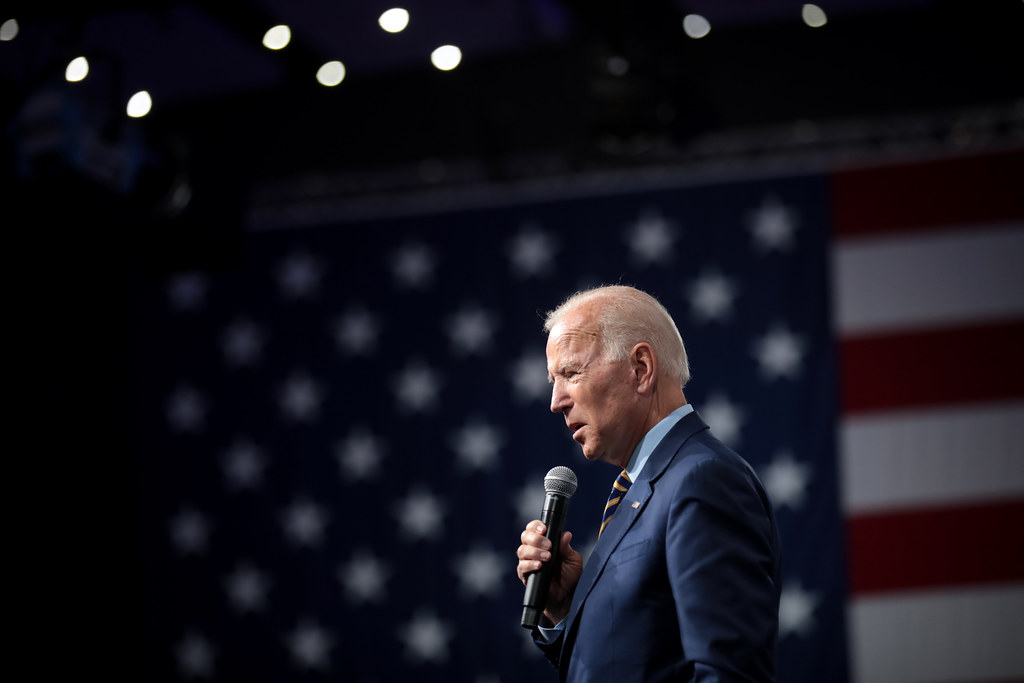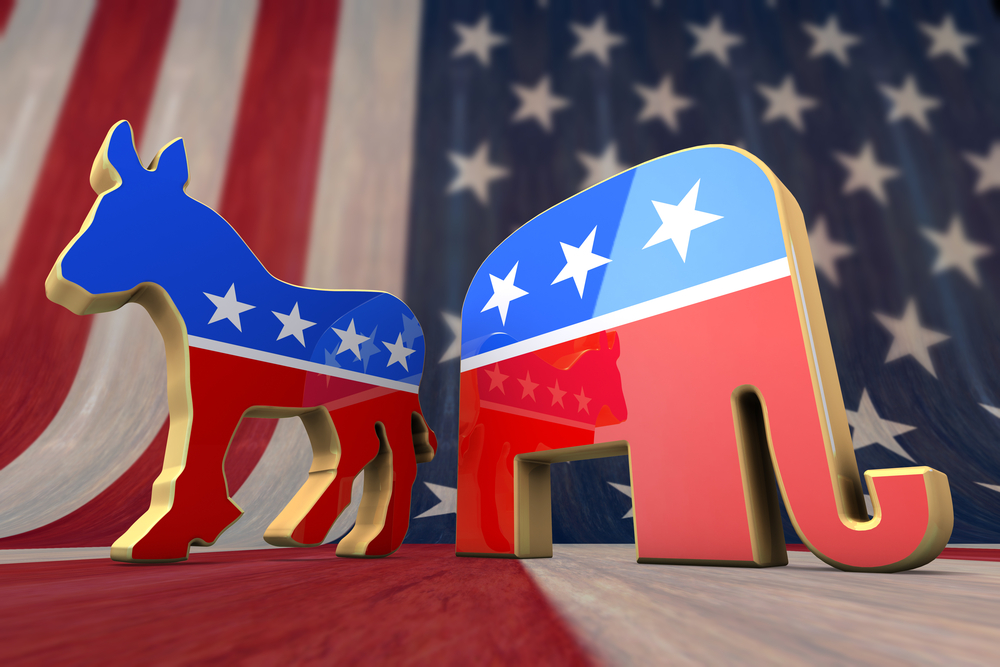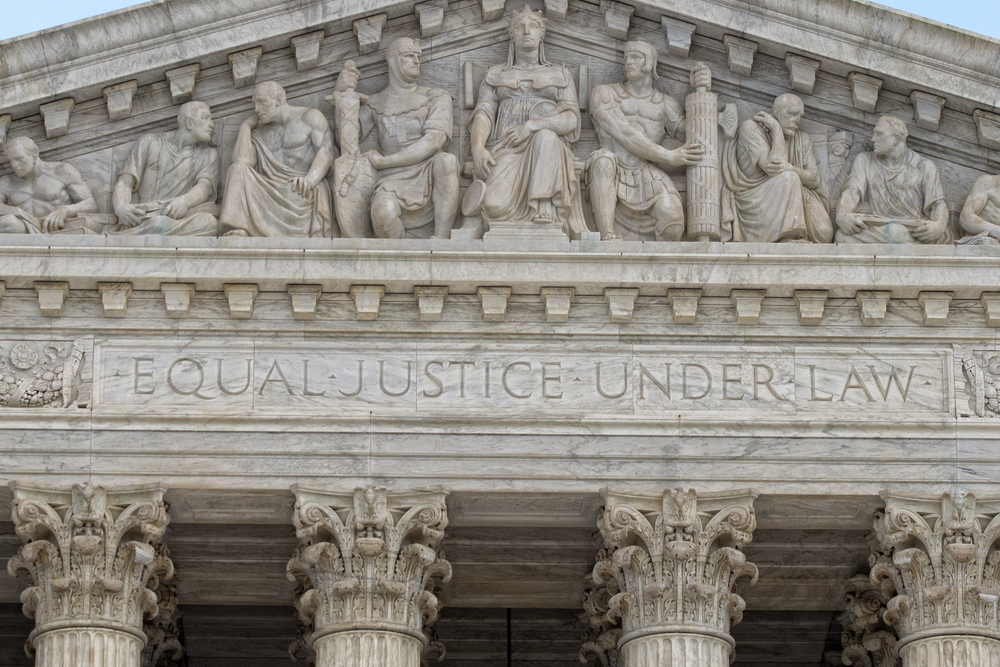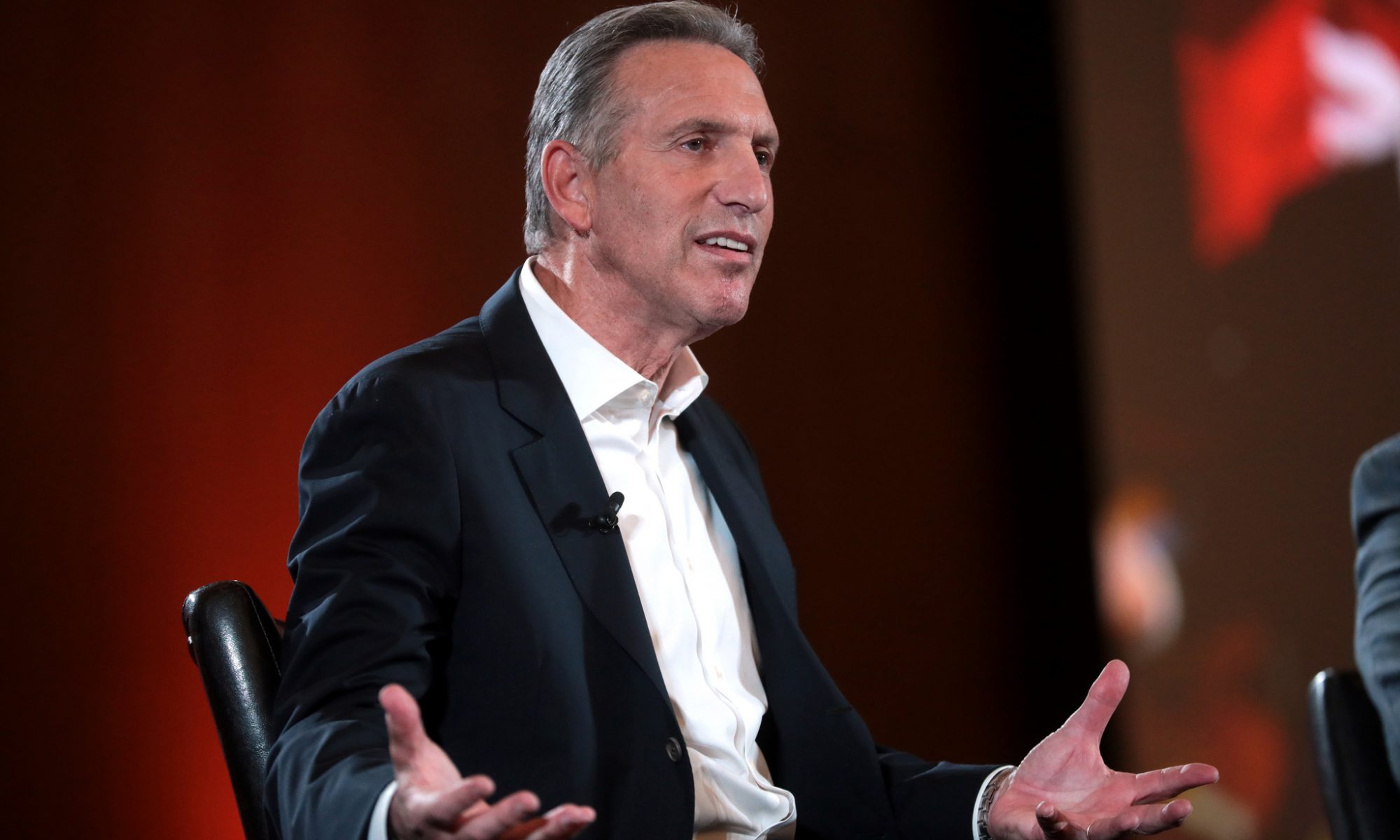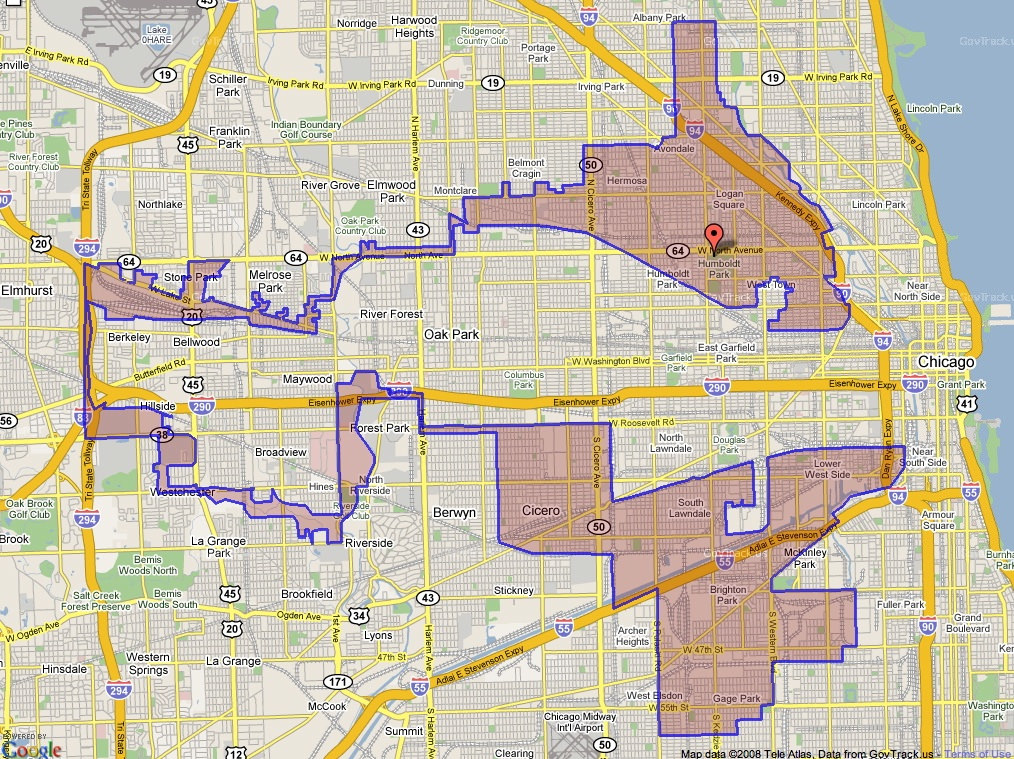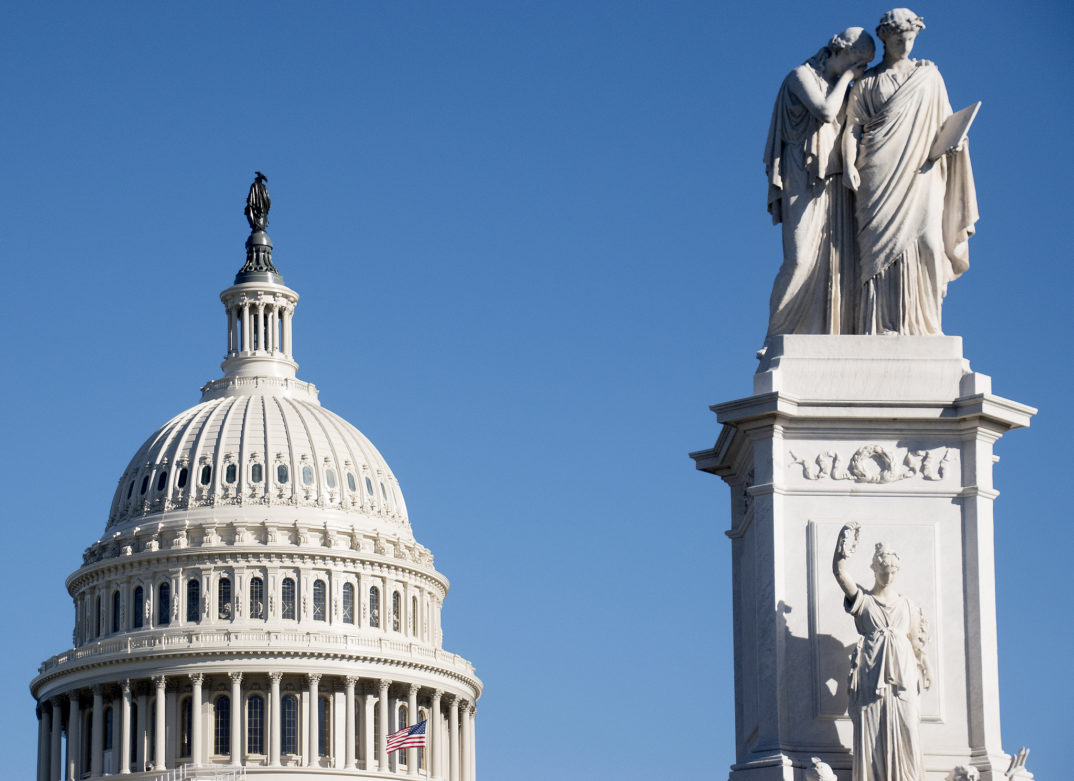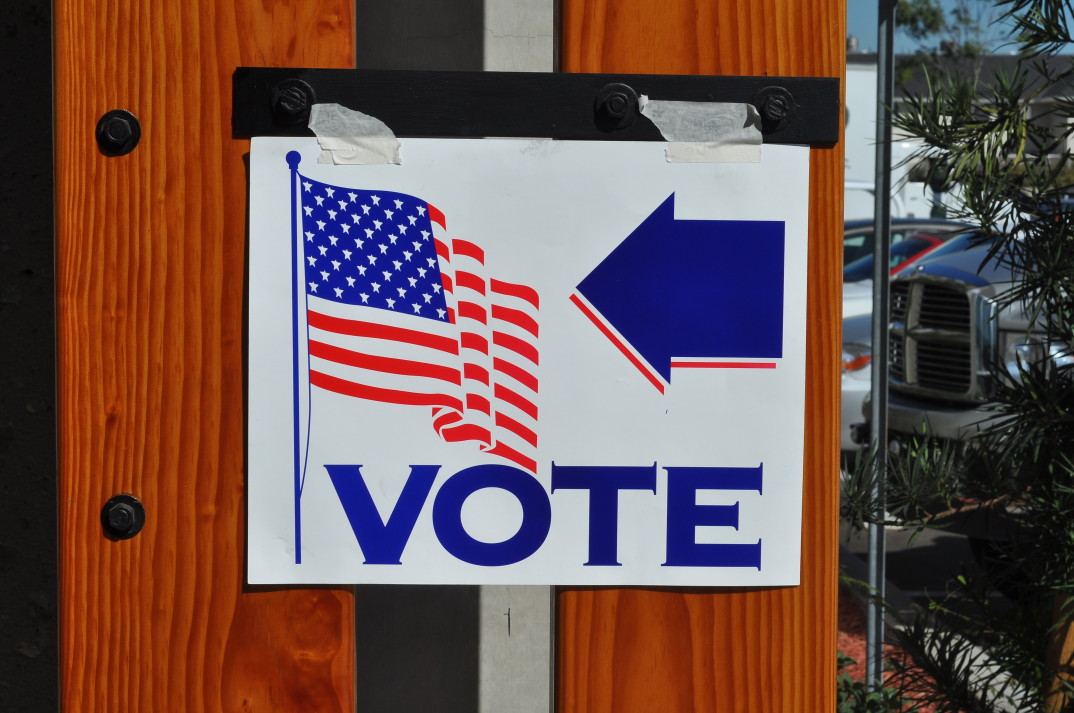America’s polarization crisis extends to its friendships: a 2017 Pew Research Center survey found that only thirty-one percent of Democrats have at least some friends who are Republicans, while only four-in-ten Republicans said they have some friends who are Democrats. Should we be alarmed by this? Should we be friends with people who hold views we believe to be immoral?
It seems that we have dueling intuitions about the moral permissibility of friendship with those who do not share our values. Consider a peaceful neo-Nazi — someone who has genocidal beliefs but will never act on them. I think most people believe it is wrong to be friends with such a character, and I can think of three arguments in support of this belief. First, there is the “signaling” argument. Being friends with the neo-Nazi will likely be interpreted by others as expressing approval for, or lending credibility to, their beliefs. One ought not signal one’s approval for beliefs one takes to be immoral, so one ought not be friends with the neo-Nazi. The second argument is the “incentive” argument. The idea is that withholding friendship from the neo-Nazi might incent him to abandon his beliefs, which is something we ought to encourage him to do insofar as we believe his beliefs are immoral. If one ought to withhold friendship from the neo-Nazi for this reason, then one ought not be friends with him. Finally, there is the “disesteem” argument, which is that disesteem — that is, feelings of disdain or disapprobation — are an appropriate response to the neo-Nazi’s immoral beliefs, and these feelings are incompatible with genuine friendship. If we ought to A (in this case, feel certain emotions towards the neo-Nazi), and A is incompatible with B (in this case, be friends with the neo-Nazi), then we ought not to B.
So, we certainly have intuitions, backed by reasons, that support not being friends with individuals solely because of their moral beliefs. On the other hand, consider a Kantian and a consequentialist. These two may have fundamental moral disagreements over a host of issues, such as our obligations to the foreign poor, the morally optimal distribution of all-purpose goods, the morality of lying, the morality of infanticide, and whether it is morally permissible to intentionally kill one person in order to save five. Only one of them can be right, so one of them has immoral beliefs. Yet we do not think it would be wrong for them to be friends.
I will assume that Democrats and Republicans have moral disagreements, for example over abortion. The question is whether friendship with someone of the opposing party is like the Kantian’s friendship with the consequentialist or like being friends with a neo-Nazi.
It might be argued that the neo-Nazi’s immoral beliefs include immoral beliefs about how others can be permissibly harmed, which distinguishes them from the beliefs of Kantians and consequentialists, or Republicans and Democrats. But from a Republican’s perspective, Democrats impermissibly believe that it is permissible to harm the unborn; and from a Kantian perspective, consequentialists impermissibly believe that it is permissible to intentionally kill one in order to save five. Furthermore, since the neo-Nazi is peaceful, her genocidal beliefs cannot be distinguished from the others in terms of disposing her to act violently.
The Kantian’s friendship with the consequentialist also nicely illustrates why the distinction between cross-party friendships and friendships with neo-Nazis cannot lie in the sheer number of disagreements, or their moral importance. The Kantian has a large number of fairly fundamental moral disagreements with the consequentialist, including over what makes actions morally right or wrong. Nor can the distinction lie in the idea that Democrats (or Republicans) shouldn’t believe that Republicans (or Democrats) as such hold moral beliefs, while they should believe neo-Nazis hold immoral beliefs. Either the Kantian or the consequentialist should believe that the other’s beliefs are immoral, yet they are seemingly still permitted to be friends.
Nor can the distinction lie in the confidence with which we hold the moral beliefs that differ from our opposite party friend. Plenty of people are just as confident that consequentialism (or Kantianism) is the correct moral philosophy as that racism, or racially motivated genocide, is morally right or wrong. Yet confident consequentialists should not disdain friendships with Kantians and vice versa. On the other hand, we should not be friends with a neo-Nazi just because he is not confident about his genocidal beliefs.
We might try to appeal to the admittedly vague idea of reasonability to distinguish between cross-party friendships and friendships between Kantians and consequentialists on the one hand, and friendships with neo-Nazis on the other. The thought is that the disagreements that occur in the former cases are reasonable, but not in the latter case. It’s not clear that all would agree that this feature does distinguish them, since many people think the beliefs of people of the opposing party are unreasonable. For these people, if reasonability is what distinguishes friendships between Kantians and consequentialists and friendships with neo-Nazis, then cross-party friendships will fall on the side of friendships with neo-Nazis. These people will have to conclude that people of the opposing party do not deserve friendship, that being friends with them lends credibility to their views in a morally problematic way, and that disesteem that is incompatible with friendship is an appropriate response.
More fundamentally, if it’s true that having what we take to be immoral beliefs unfits a person for our friendship, it’s hard to see why they should be unreasonable immoral beliefs. What’s doing the work in our intuition that we ought not to be friends with people because of their beliefs is the moral character of their beliefs, not their rationality or reasonability. Just because a prima facie compelling argument can be given for consequentialism and not Nazism does not make the consequentialist’s beliefs less morally heinous from the point of view of the Kantian.
Another suggestion is that neo-Nazi beliefs are somehow simply worse than, for example, the beliefs of Democrats as viewed from the perspective of Republicans, or the beliefs of consequentialists as viewed from the perspective of Kantians. However, the “signaling,” “incentive,” and “disesteem” arguments are not based on Nazis’ ideas being particularly heinous in the eyes of others, but just on their being believed to be immoral.
We’re left, then, with a troubling conclusion. If one ought not be friends with neo-Nazis solely because of their beliefs, then there is in principle no way to distinguish such friendships from cross-party friendships, insofar as each member of a cross-party friendship believes that the other side holds immoral views.
Still, perhaps we ought to deny the claim that we should not be friends with neo-Nazis, at least in its unqualified form. Some former Nazis strike up friendships with neo-Nazis in order to de-program them; ought we condemn that action? Similarly, if a Democrat believes his Republican friend is racist, might he not justify his friendship on the ground that he is likely to be more successful at persuading his friend to abandon his racist beliefs by remaining friends? A friend of this conception of cross-party friendship might point out that withholding friendship is but one way, and perhaps not the most effective way, to incent others to abandon their beliefs; that simply because feelings of disesteem are appropriate does not mean they are morally required, all-things-considered; and that there are ways to signal one’s disapproval of a friend’s beliefs.
Note that even if these counterarguments are successful, they will not justify a “de-politicized” or “de-moralized” friendship — a friendship wherein at least one person believes the other has immoral beliefs, but decides to do nothing about it. But this raises a further problem, which I can only gesture at: if genuine friendship requires accepting the friend as they are in some sense, then the kind of cross-party friendship that seems morally permissible may not be genuine. In the end, then, it may turn out that genuine cross-party friendships are morally impermissible.


